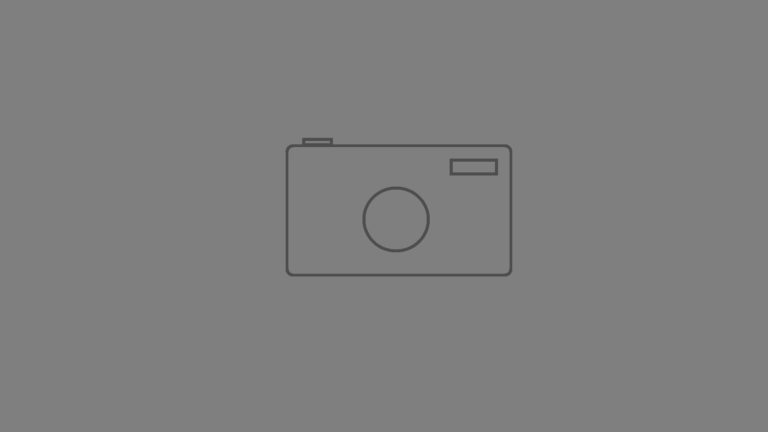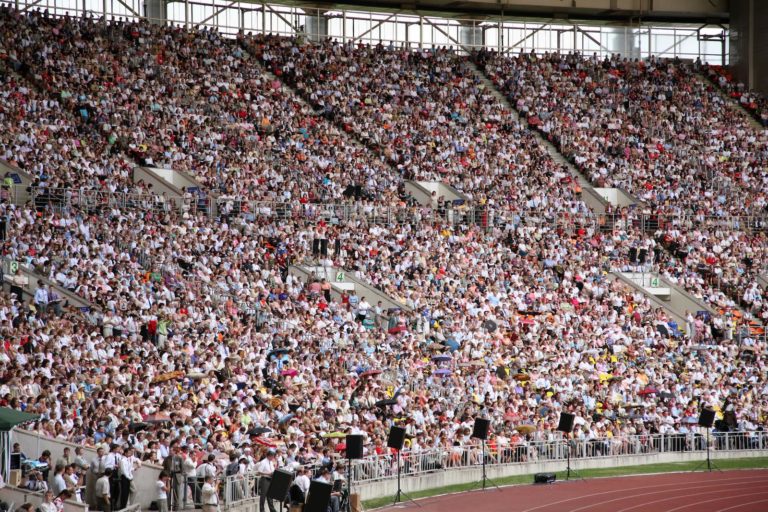The German Federal Court of Justice (Bundesgerichtshof – BGH) has clarified that troublemakers and thrower of firecrackers at stadiums are liable to the clubs being sanctioned due to their actions. By decision of 22 September 2016 the Court ruled on a permitted appeal against the judgement of the Higher Regional Court (OLG) Cologne of 17 December 2015. Due to this first Supreme Court decision clubs have the possibility to reclaim the imposed penalty of the German Football Association (DFB) from the causing spectators.
What happened?
The plaintiff is FC Cologne. The defendant is a stadium visitor, who ignited firecrackers and threw them in the lower tier during a home game in the second national league against SC Paderborn in February 2014.
The Sports Court of the German Football Association imposed a fine of 50,000 € against FC Cologne. Thereupon the club sued the causing spectator for compensation in the amount of 30,000 €.
After the claim was successful in the first instance, it was rejected by the Higher Regional Court in the second instance. The Court takes the view that, the defendant infringed his behavioral obligations under the spectator agreement by igniting and throwing the firecrackers, however the imposed penalty of the German Football Association against the club is not under the protective purpose of the defendant’s breached duty. This leads to a lack of direct attribution between breach of duty and the alleged damage, which is result of the submission of the club under the rulings of DFB. Under these rules the club bears the risk of taking responsibility for the offenses by his fans, accordingly to be made subject to penalties by DFB.
What does the BGH say?
The Federal Court of Justice starts from the premise of a general behavioral obligation of every spectator to not disturb the football match. Is he breaking this obligation – e.g. by igniting and throwing a firecracker – he shall reimburse any damages that incur.
The same also applies to penalties imposed by DFB to a club as result of such an incident. Finally, such penalties are no coincidence but are imposed precisely because of unsportsmanlike conduct by a spectator.
Conclusion
If a club is condemned to a fine due to their fans’ behaviors, the club can reclaim the fine through damage claims from the causing spectator. Considering the bigger picture, clubs will be delighted about this judgement. From a legal perspective, the recourse claims of the clubs against their fans due to an imposed penalty by DFB is problematic. The sentence of the Sports Court of DFB often doesn’t fulfill the fundamental principles of the rule of the law that the penalty depends on the degree of culpability. Rather the imposed penalty of the DFB serves general preventive aims that mainly serve to counter abuses in stadiums. At the same time, penalties by the Football Association are often overall penalties, meaning several misconducts from various matches are considered together. Only in this way such big sums of fines are possible. In the last season VfL Wolfsburg e.g. paid 102,000 € in fines to the Sports Court of DFB, previously imposed by the latter. In the future, it should therefore be a responsibility of the Courts to estimate an individual misconduct so that the person concerned does not receive sanctions imposed by a misconduct from a third person.
Foto: © ToskanaInc / Depositphotos.com

